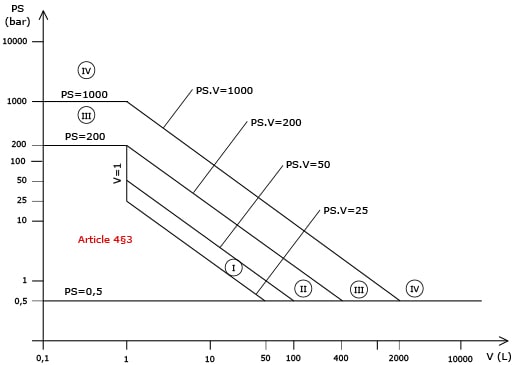Hello this is my first post on the site. Lots of good information on here .
My question is what procedures does my shop need to follow to manufacture vessels and piping that fall under (sep)
Is there an area that can explain what I need to do to get my shop certified to do this? Will I need to hire an engineer? The company I will be building these for have a full engineering team and they submit the drawing to me for fabrication .
Any help
Would be much appreciated thanks in advance
My question is what procedures does my shop need to follow to manufacture vessels and piping that fall under (sep)
Is there an area that can explain what I need to do to get my shop certified to do this? Will I need to hire an engineer? The company I will be building these for have a full engineering team and they submit the drawing to me for fabrication .
Any help
Would be much appreciated thanks in advance

